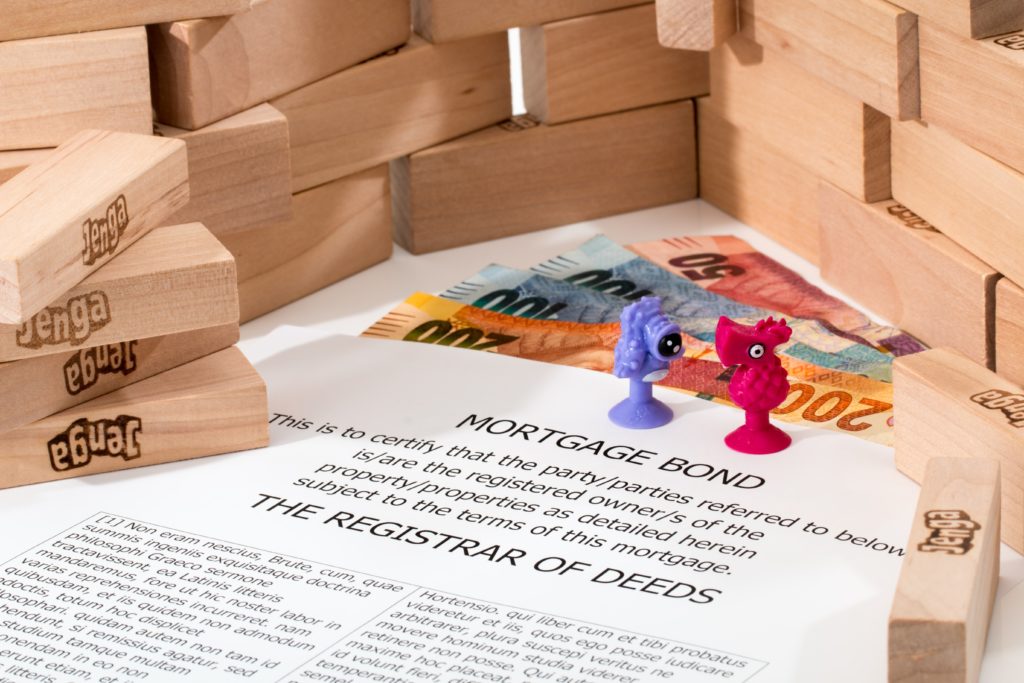The Mortgage Renewal Process

A mortgage renewal can be described as a new agreement to extend mortgage terms with your mortgage holder. Since you’ve probably jumped through a lot of hoops to get your application approved, you most probably haven’t thought about the renewal process. At least not until the letter comes through the mail.
Unless the amount owed has been fully reimbursed, the mortgage holder can either renew the mortgage or demand payment in full if the mortgage is not renewed. If you have made your payments regularly, the renewal process would go without a hitch and you can choose to stay with the original lender. The renewal is mostly like renewing car insurance: renewal papers are sent to you to be signed and returned. A new mortgage, based on the new amount owed, is then put in place.
But there are important factors you might want to consider before agreeing to the same terms as the previous mortgage. This could be an opportunity for you to renegotiate the terms of your contract, including the length of the term, the interest rate, and even your lender. Read on to find out more.
Short Term vs. Long Term Mortgages
Some people try to take out the longest mortgage term possible when interest rates are low and choose to take out shorter terms when interest rates are high. They bank on the possibility of interest rates dropping by the time they need to renew their mortgage. We would not recommend you adopt such a strategy without first consulting a mortgage professional.
What to Expect During the Mortgage Renewal Process?

You might be tempted to think that mortgage renewal is just a hassle that will take more of your time, but you couldn’t be more wrong. Changing the terms of your mortgage means that you can change the contract to better align with your needs.
Most lenders are required to send a renewal statement at least four months before the end of the term. Instead of keeping an eye on your mailbox, waiting for that statement to come through as the term nears to its end, we have better advice for you.
Reviewing Your Mortgage Options
Here’s what you can do. Four months before your term is up, start researching other potential options that may be available to you. Find out what other lenders are offering, what are their mortgage rates and prepayment options, among other conditions. Armed with this, you can either renew your mortgage with your current lender early or negotiate for better conditions.
Most people make the mistake of renewing their mortgage with the same lender that holds their current mortgage because they don’t want to have to go through the hassle of switching lenders and providing documents needed to qualify for a mortgage with a different lender. Although it’s much easier and more convenient to simply accept the terms, sign the document, and send it back, you might end up doing yourself more harm than good. Instead, reassess your current financial situation and look into interest rates and costs of switching mortgage holders.

DLC Mortgages INC. can help you assess your current financial situation and your current mortgage terms. Just signing a contract without considering other alternatives could hurt you. Hence, with the help of experts, reconsider your financial goals and create an outline your mortgage needs. When choosing a mortgage rate, term and product, factor in your new net income, your present situations and your plans for the future. Along with your financial goals, you should also be mindful of what you want from the mortgage term:
- Do you want to increase your mortgage payment amount?
If so, can you afford to pay this amount?
- Do you think you might be able to pay off the amount due in this term?
If yes, ask about prepayment penalties that go with fixed vs. variable rate mortgages.
- Is there a possibility of you receiving a bonus or an inheritance that you could put towards your mortgage?
If so, consider looking at lump sum prepayment options.
- Do you think there’s a chance of you selling your home and moving in the coming years?
If yes, get a mortgage that is portable or assumable.
Mortgage Renewal Problems
Unless you’ve missed out on some payments or your financial situation is completely different from what it was when you initially contracted the mortgage, you shouldn’t have a problem at renewal time. If your credit has dropped significantly during your mortgage term, your lender may choose to not renew your mortgage. In such cases, you can always take your mortgage to another lender. But there’s always the risk of you having to pay higher interest rates. Hence, if your mortgage is coming up for renewal soon, try to stabilize your finances so your renewal does not get denied.
